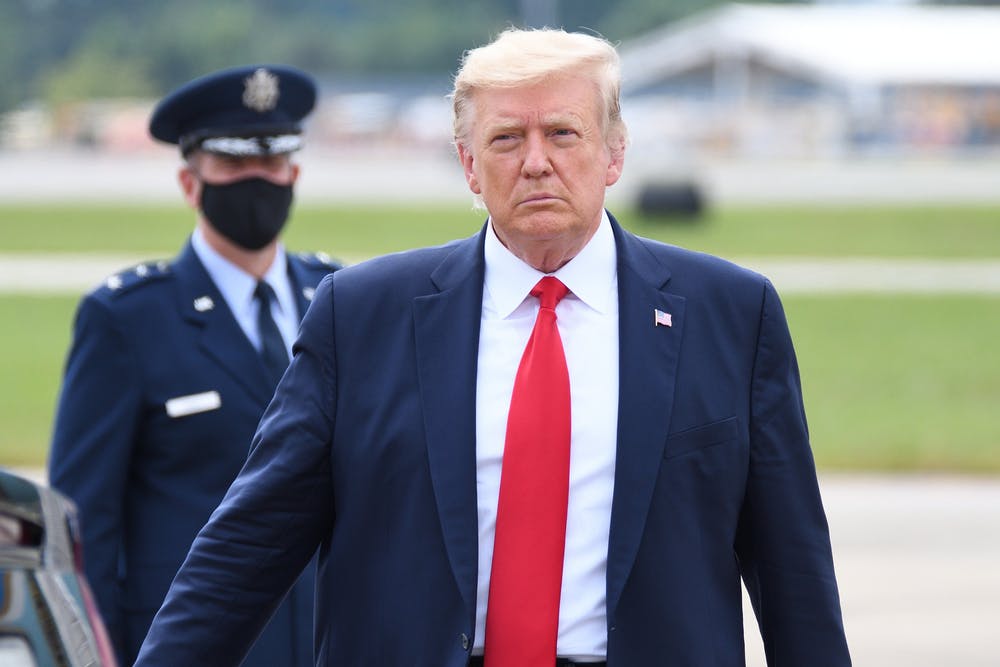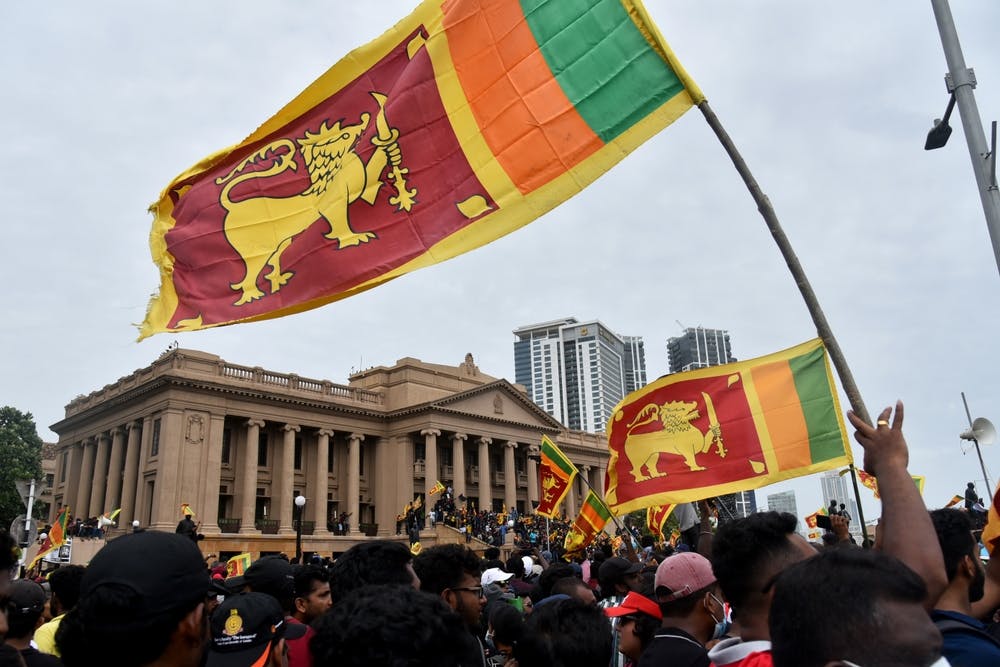A look ahead at the key events leading the news agenda next week, from the team at Foresight News. Delivered to your inbox on Fridays.
Leading the week
The January 6 attack on the Capitol is set to dominate this week’s news once again as Steve Bannon goes on trial charged with contempt of Congress and the Jan. 6 select committee is widely expected to hold its final scheduled hearing.
Jury selection begins on Monday (July 18) following numerous requests for delays from Bannon’s lawyers, who claimed that CNN’s July 17 documentary and the recent Jan. 6 hearings would make a fair trial impossible. The trial follows a sudden reversal from Bannon, who is now offering to testify publicly before the committee, despite steadfast claims that executive privilege issued by Trump prevented him from doing so. Bannon’s lawyers are hoping to use this offer of cooperation as their main line of defense, having already been barred by the judge from calling on members of Congress to testify or citing the now-disputed claims of executive privilege.
The Jan. 6 committee hearing on Thursday (July 21) is expected to air at prime time and will focus on how the events of that day unfolded from the perspective of those inside the White House, and Donald Trump’s ‘supreme dereliction of duty’ as he refused to act to stop the violence as it unfolded.

The only primary taking place this week is on Tuesday (July 19) in Maryland, where the gubernatorial race will be the one to keep an eye on. Moderate Republican incumbent Larry Hogan is term-limited, meaning there is a crowded field of candidates from both parties seeking to replace him. State Comptroller Peter Franchot narrowly leads the Democratic pack, which includes former DNC Chair Tom Perez. On the Republican side, Hogan has endorsed Kelly Schulz, setting up a proxy battle with Donald Trump, who has backed Dan Cox. Hogan is a longstanding critic of Trump and is considered a possible 2024 presidential candidate. Election results are likely to be delayed by a few days as a large proportion of the electorate are expected to vote by mail, and state law prohibits election workers from counting ballots early.
Looking abroad
Following Joe Biden’s travel to the Middle East this week, all eyes will be on Tehran next week for the summit taking place on Tuesday (July 19) between Iranian President Ebrahim Raisi and his Russian and Turkish counterparts, Vladimir Putin and Recep Tayyip Erdogan. The three countries, all of whom have significant interests in Syria, are co-guarantors of what is known as the Astana peace process, and the situation in the country will be a key topic in their discussions. The gathering follows Russia’s ‘success’ last week at the United Nations in forcing through a resolution authorizing aid to be delivered to Syria via Turkey for just six months, instead of a full year. Critics, including UN Secretary General Antonio Guterres, are concerned that alternative aid delivery routes would allow Moscow’s ally Bashar al-Assad to weaponize life-saving assistance.
Also look out for planned one-to-one meetings on the margins between Raisi and Putin, and Putin and Erdogan. Talks between the Russian and Iranian presidents, who met recently in Turkmenistan, will likely touch upon energy issues amid reports that increased Russian oil exports to China have come at the expense of Iran. Their meeting also follows warnings from the United States about potential deliveries of Iranian drones to Russia. When Erdogan and Putin meet, they are likely to discuss ongoing efforts to create a Black Sea corridor for Ukrainian exports following four-way talks with the UN and Ukraine in Istanbul earlier this week. Turkey is also expected to reiterate its offer to host broader peace negotiations between Ukraine and Russia.

In Sri Lanka, lawmakers are due to elect a new president on Wednesday (July 20) after Gotabaya Rajapaksa fled the country earlier this week, reportedly to Saudi Arabia. The election, assuming it goes ahead, comes as the country faces an unprecedented economic and political crisis that has seen protesters storm key government buildings, including Rajapaksa’s residence. Rajapaksa had been expected to formally tender his resignation on July 13, but he instead announced he was making new Prime Minister Ranil Wickremesinghe acting president, prompting further demonstrations and the imposition of a curfew before his resignation was confirmed earlier today. Wickremesinghe is said to be the ruling party’s favored candidate for president, but he has also been heavily criticized by protestors, who may not quietly accept giving him power for the six to eight months it’s expected to take to hold general elections.
